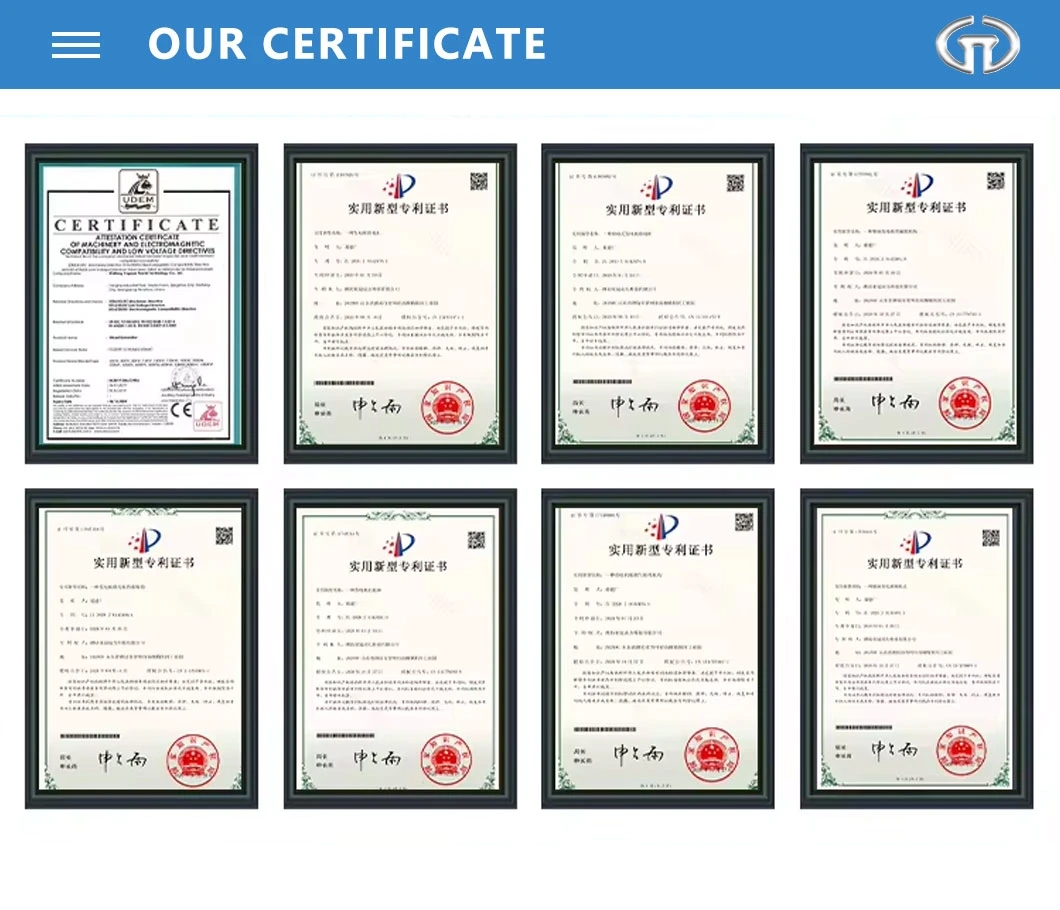Introduction

Diesel generators play a crucial role in providing backup power during outages and emergencies. One of the key factors that determine the performance of a diesel generator is its transient response. Transient response refers to how quickly and effectively a generator can respond to sudden changes in load demand. In this article, we will explore the significance of transient response in diesel generators, its impact on overall system reliability, and its applications in various industries.
Importance of Transient Response in Diesel Generators
Transient response is a critical aspect of diesel generators as it directly affects the ability of the generator to maintain stable power output during sudden load changes. When there is a sudden increase or decrease in the load demand, the generator must be able to adjust its output quickly to avoid disruptions in power supply. A fast and accurate transient response ensures that the generator can effectively meet the varying power requirements of the connected load.
The transient response of a diesel generator is influenced by various factors, including the engine design, control system, and the size of the generator. A well-designed generator with a robust control system can achieve a rapid transient response, minimizing the risk of voltage fluctuations and frequency deviations. This is particularly important in critical applications where even a brief interruption in power supply can have serious consequences.
Applications of Diesel Generators with Enhanced Transient Response
1. Healthcare Facilities: Hospitals and medical facilities rely on continuous power supply to operate life-saving equipment such as ventilators, monitors, and surgical instruments. Diesel generators with enhanced transient response are essential for ensuring uninterrupted power supply during emergencies and outages, minimizing the risk of patient safety.
2. Data Centers: Data centers house critical IT infrastructure that requires a stable and reliable power supply to prevent data loss and downtime. Diesel generators with fast transient response are used as backup power sources to provide seamless transition during power outages, ensuring uninterrupted operation of servers and networking equipment.
3. Telecommunications: Telecommunication networks depend on reliable power supply to maintain connectivity and communication services. Diesel generators with improved transient response are deployed at cell towers and communication hubs to provide backup power during grid failures, enabling continuous operation of voice and data services.
4. Industrial Applications: Manufacturing plants, refineries, and other industrial facilities require consistent power supply to operate machinery and production processes. Diesel generators with high transient response capabilities are used to support critical loads and equipment, ensuring uninterrupted operation and minimizing production downtime.
5. Emergency Services: Emergency response agencies such as fire departments, police stations, and emergency shelters rely on backup power systems to maintain essential services during disasters and emergencies. Diesel generators with rapid transient response are deployed to ensure continuous power supply for emergency lighting, communication systems, and other critical equipment.
Factors Influencing Transient Response in Diesel Generators
1. Engine Design: The design and configuration of the diesel engine play a crucial role in determining the transient response of the generator. Factors such as engine size, power output, fuel efficiency, and combustion efficiency can impact the speed and accuracy of load response.
2. Control System: The control system of the diesel generator is responsible for monitoring and adjusting the engine parameters to maintain stable power output. Advanced control systems with real-time monitoring and feedback mechanisms can enhance the transient response of the generator, ensuring smooth operation under varying load conditions.
3. Fuel System: The fuel system of the diesel generator plays a key role in delivering the required amount of fuel to the engine for efficient combustion. Proper fuel management and injection systems are essential for maintaining optimal performance and responsiveness during load variations.
4. Cooling System: The cooling system of the diesel generator is crucial for dissipating heat generated during engine operation. Efficient cooling systems help maintain the operating temperature within the recommended range, ensuring optimal performance and reliability during transient load conditions.
5. Maintenance and Service: Regular maintenance and servicing of the diesel generator are essential for ensuring optimal performance and reliability. Proper maintenance practices, such as regular oil changes, filter replacements, and system inspections, can help prevent issues that may affect the transient response of the generator.
200kw diesel generator for sale
In conclusion, transient response is a critical aspect of diesel generators that determines their ability to respond quickly and effectively to sudden changes in load demand. Diesel generators with enhanced transient response are essential for ensuring reliable backup power supply in various applications, including healthcare facilities, data centers, telecommunications, industrial plants, and emergency services. Factors such as engine design, control system, fuel system, cooling system, and maintenance practices play a key role in influencing the transient response of the generator. By understanding the importance of transient response and implementing best practices in generator design and operation, we can ensure the reliability and performance of diesel generators in critical applications.
